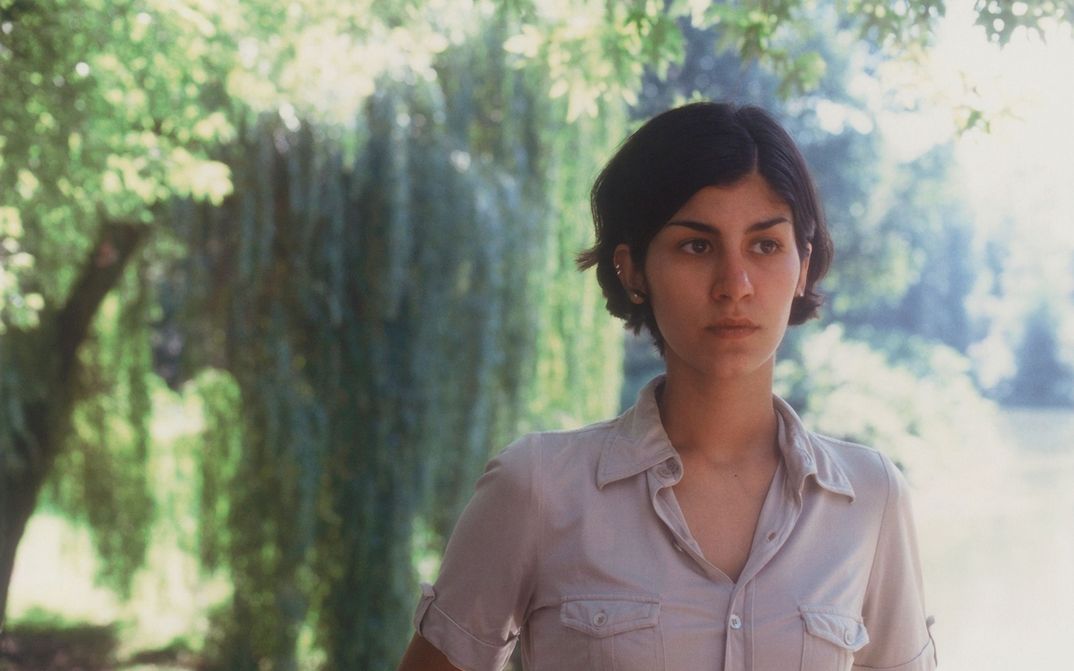In movement – The films of Thomas Arslan

Thomas Arslan (*1962) has been a central figure in contemporary German cinema for almost 30 years. He is a representative of the Berlin School, which he has renewed with a reduction-based aesthetic and enriched with stylized everyday realism, developing a specific form of post-migrant cinema avant la lettre with his Berlin trilogy about German-Turkish youths, and excelling in the field of genre cinema with gangster films, a western and a road movie. The focus of his films often lies less on external events than on the description of inner states. In his documentary works, he engages with his discoveries with great stylistic clarity. The exploration of Berlin's urban space characterizes many of his films in an inimitable way - although space in Arslan's work is mostly about people in motion, in Berlin like in the Wild West. This is to be understood literally: Arslan's cinema likes to show how the characters walk, alone and side by side, and how they move through their surroundings. It is itself in motion: Starting from Essen and Berlin, the geographical radius of Arslan's work has expanded over the years, and has also gone from the city to the region of Brandenburg, then to Turkey, Canada, and Norway, but always coming back to Berlin.
In conjunction with an exhibition at the Neuer Berliner Kunstverein (n.b.k.), Arsenal is presenting a retrospective of Thomas Arslan's films until the beginning of August. During the opening weekend, early shorts from the director's time as a student at the DFFB will be shown, as well as his most recent work AM RAND REVISITED, which was made for the exhibition. We are pleased to screen a preview of Arslan's current thriller VERBRANNTE ERDE too. The program also comprises films that are important to the director in terms of aesthetics (by Shirley Clarke, Jean Eustache, Orson Welles, Robert Bresson, Barbara Loden) as Arslan's cinema is noticeably grounded in reflection on film history. It will be accompanied by talks with the filmmaker and numerous introductions that shed light on various aspects of his work: the focus on young people (Diedrich Diederichsen on 18 June), his position regarding (post)migrant cinema (Till Kadritzke on 20 June), the aesthetics of the Berlin School (Michael Baute on 26 June), working with non-professional actors (Serpil Turhan on 28 June), the documentary approach (Matthias Dell on 4 July), the city of Berlin as a cinematic space (Elena Meilicke on 7 July), the switch to nature as a setting (Sabine Nessel on 18 July) and genre cinema (Jan Distelmeyer on 13 July on crime films/thrillers, Anke Leweke on 25 July on road movies, Bert Rebhandl on 27 July on westerns). (Birgit Kohler)
The retrospective will continue in July. With the kind support of the Neuer Berliner Kunstverein (n.b.k.).